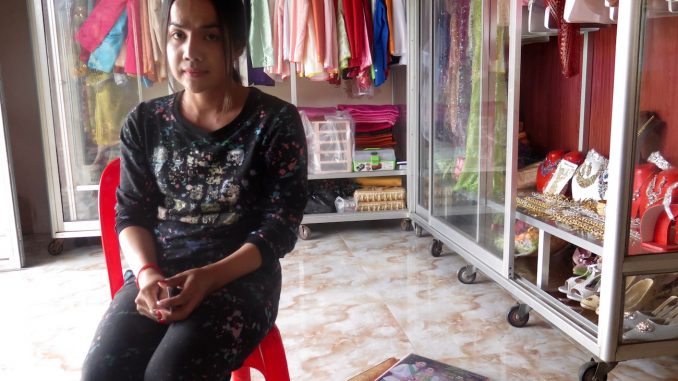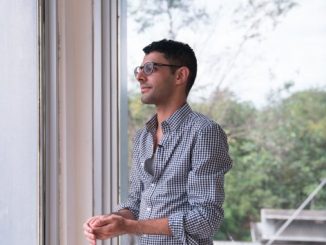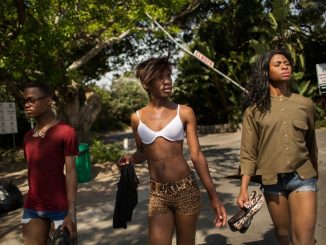
- The study, published in the March edition of a journal on sexual exploitation and violence also shed light on the stigma and prejudice confronting trans Cambodians that pushed them to the margins.
- Roughly four out of ten reported that they suffered from physical assault and half of them claimed that they were forced to engage in sexual intercourse.
- In addition, one out of five also said that they were forced against their will or coerced in their first sex act.
Findings from a new study on the welfare of transgender women in Cambodians reveals that they are targeted with sexual harassment and other forms of violence according to the transgender news article by Phnompenh Post last April 3.
The study, published in the March edition of Dignity, a journal on sexual exploitation and violence, also shed light on the stigma and prejudice confronting trans Cambodians that pushed them to the margins, leaving them to resort to sex work as their only option for employment.
Transgender violence
Fifty transgender sex workers participated in the research. Three-quarters of the respondents, called ladyboys by researchers as it suggested more gender fluidity in some parts of Southeast Asia, said they that were victims of sexual harassment last year.
Roughly four out of ten also reported that they suffered from physical assault and half of them claimed that they were forced to engage in sexual intercourse. In addition, one out of five also said that they were forced against their will or coerced in their first sex act.
One victim, Senrith Sereyroth, a trans sex worker and now a case manager at Men’s Health Cambodia, bravely shared her story of being raped by multiple men.
Recalling the terrible ordeal clearly that took place a decade ago, she said she was at the Independence Monument when two men offered her $10. She was then brought to an undisclosed place where there were 10 men waiting for them.
“When they realised that I am not a girl, they hit me and stripped me naked,” Sereyroth said.
She decided not to report to the authorities or press any charges as they, she claimed, particularly those around Daun Penh district, were the ones who assaulted people like her.
She explained, “When I stand at Wat Phnom, they round us up. They hit us with the gun, and kick us. They said we make anarchy in public.”
Sadly, stories like her were not an exemption. The report made special mention of law enforcement treating ladyboys violently, saying, “Respondents reported being dehumanized, framed, and raped at gunpoint by law enforcement.”
One respondent narrated, “They chase us like dogs.”
Levels of abuse
The findings of the study, particularly those about violence committed against transgender women by law enforcers, were refuted by the police.
“Police never hit or attack the transgender [people] . . . Would they attack them just for being sex workers? It is nonsense to say that,” National Police spokesperson Kirth Chantharith said in denial. “If there are obvious cases, please report them to us and we will punish them by law.”
“The police, who are responsible for protecting the rights of trans women, are actually among the worst perpetrators,” said Nuon Sidar of Cambodian Center for Human rights. “CCHR has received many complaints of physical and sexual abuse of trans women by police, as well as arbitrary arrests, extortion and cruel and inhuman treatment such as forced bathing in rivers as extra-legal punishment.”
Transgender rights
CCHR’s findings also aligned with that of the study’s revelations, indicating the unprecedented levels of abuse trans individuals in Cambodia faced.
Co-author Glenn Miles claimed that their work illustrated how marginalized and vulnerable transgender people in the country are.
Due to inherent stigma and discrimination, they were cut off from employment opportunities, family, school and even basic health care, pushing many to find labor in the sex industry as their only choice of livelihood.
“It also showed how often they conflate their identity of transgender with also being a sex worker instead of seeing that having a loving caring relationship is possible,” Miles stated.
Researchers were surprised at the high rates of violence, which co-author Jarrett Davis said was associated with the hypersexualized identity of ladyboys.
“They weren’t receiving violence because they identified as women, but because they are males that did not fit a narrow definition of what was expected of them as males,” Davis said.
Explaining that half of the respondents wanted to be reincarnated as a naturally-born woman and that almost one-third say they didn’t mind, he continued that the participants wished they were either ‘definite’ man or woman.
He remarked, “It was a really common thread [for them to say]: ‘I just want something definite, I want a place’.”



Be the first to comment